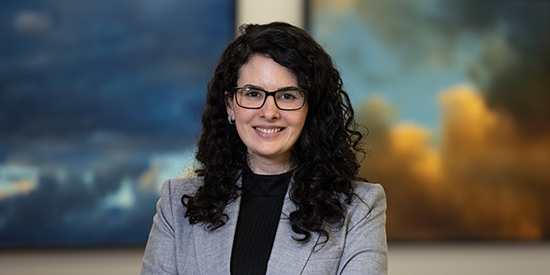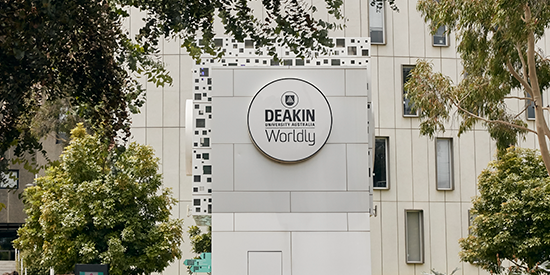Research news
Welcome to the research news hub
Find out about Deakin's latest research breakthroughs, industry collaborations and strategic initiatives.
Contact us
Join a community of more than 2000 world-leading research experts dedicated to making a difference. Contact us with any questions about research at Deakin.























